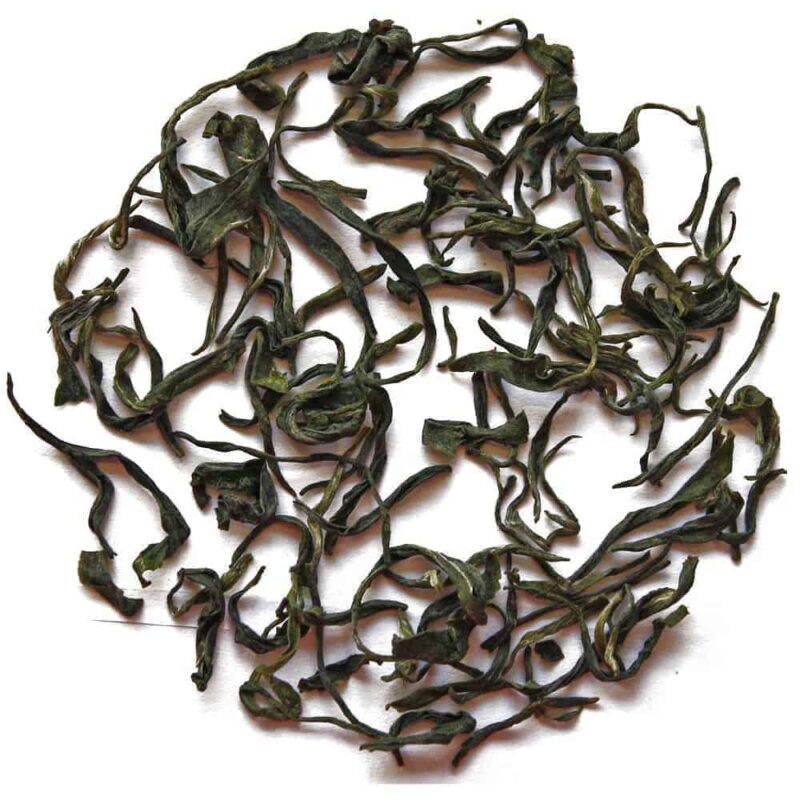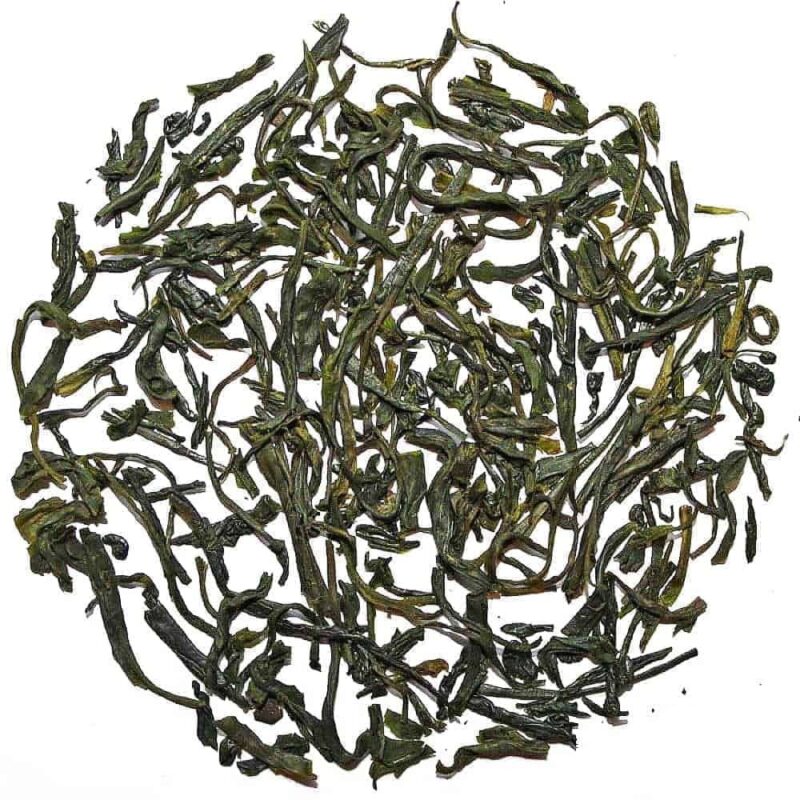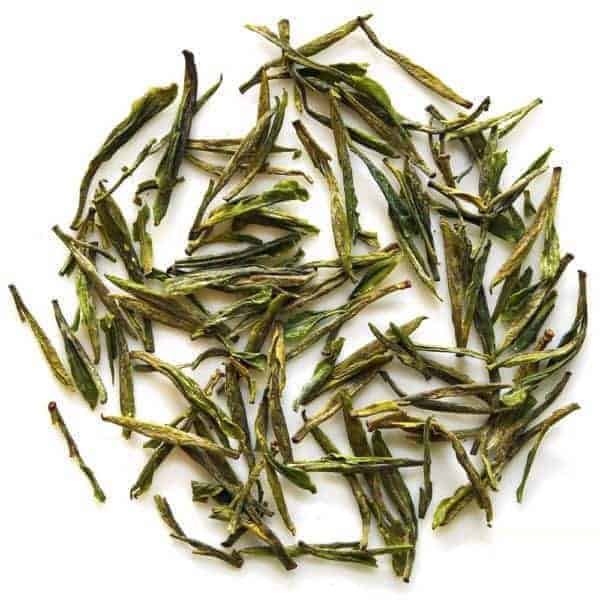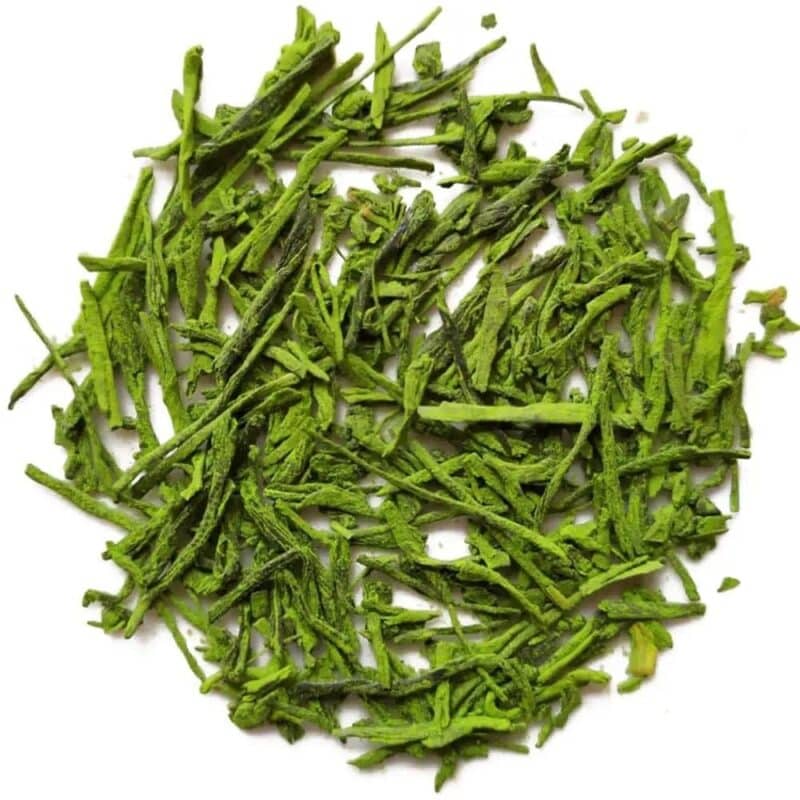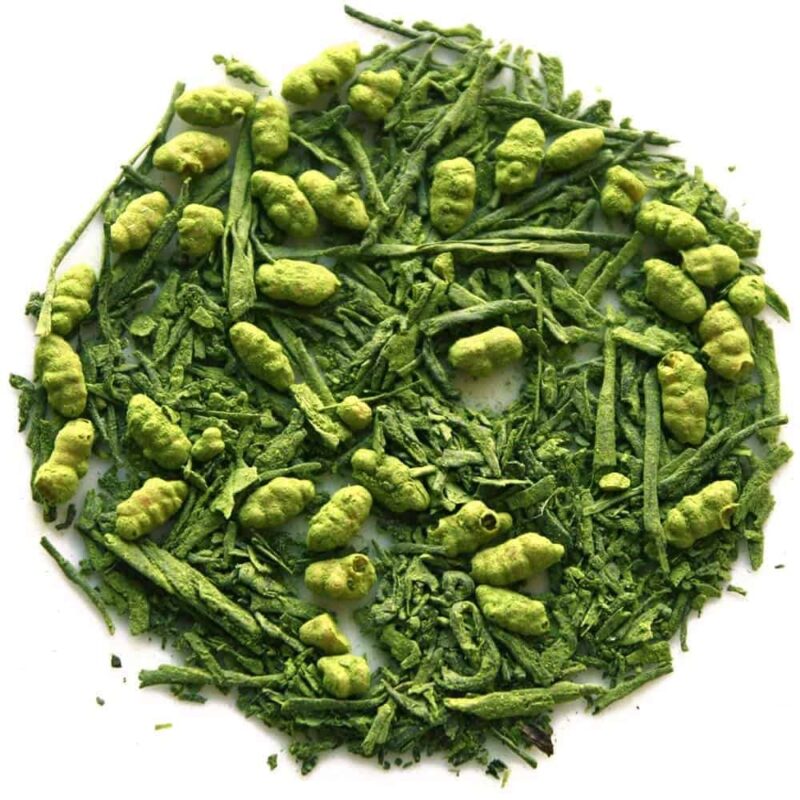This Sejak is a Korean green tea from a small family farm in Hwagae, Hadong, Korea, the area that produces the most traditional teas in Korea. The farm's teas have won the highly prestigious first prize in the area's tea festival and the family has its own stock of semi-wild bushes (locally, this type of tea is referred to as yaseang-cha: wild tea). Their teas are hand-picked and made entirely by hand. In Korea, teas are divided into four categories corresponding to the harvest periods: ujeon, sejak, jungjak and daejak (daejak denotes all harvests that take place after the jungjak harvest and therefore includes simpler qualities). These are organised according to the lunar calendar, which is also the basis for China's harvest periods. Sejak thus denotes the second picking in spring.
Korean tea is relatively unknown in the West, and what is most commonly exported are mass-produced teas of varying quality. These teas are usually fully or partially steamed, largely because steaming is easy to do on a large scale. Commercially produced Korean teas may be hand-picked, but they are generally never made by hand. In addition, commercially adapted subspecies are used.
At the same time, Korea has teas produced on a small scale by small family farms. These small family farms can be found in Hadong, the area where tea was first cultivated in Korea. The teas are harvested from semi-wild bushes and both picking and production are done by hand, so these artisan teas command very high prices and only a very small proportion is sold outside Korea. As an example, we are the first from Europe to visit this award-winning farm. The tea farm practises sustainable agriculture and uses neither pesticides nor artificial fertilisers.
This Sejak has a soft and clean flavour with a subtle sweetness and a well-balanced and clear greenness.
Origin: Hwagae, Hadong, South Korea. Other names: Seejak. Harvest 2024.
Infusion
70-75°C
2-3 minutes
2,5 -3g
250ml

